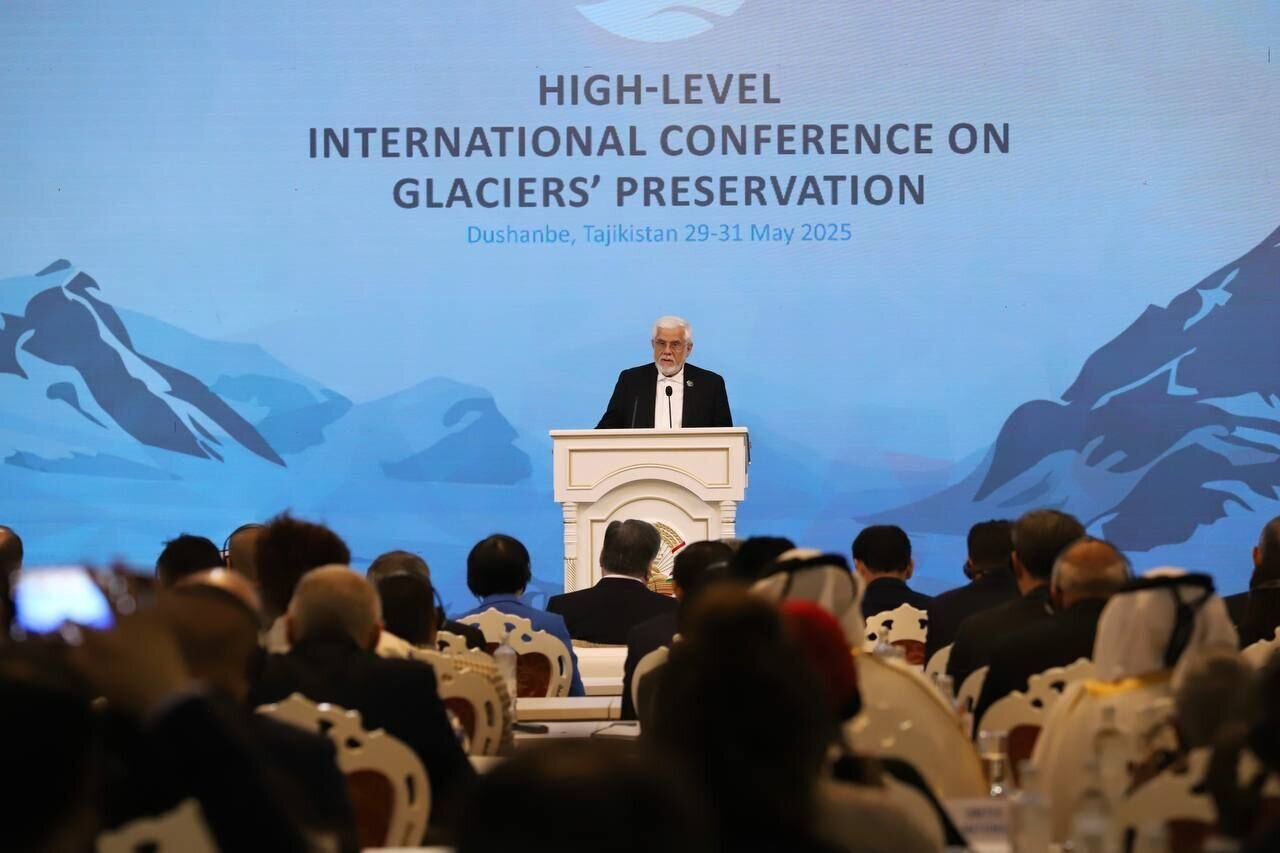
Similar Posts
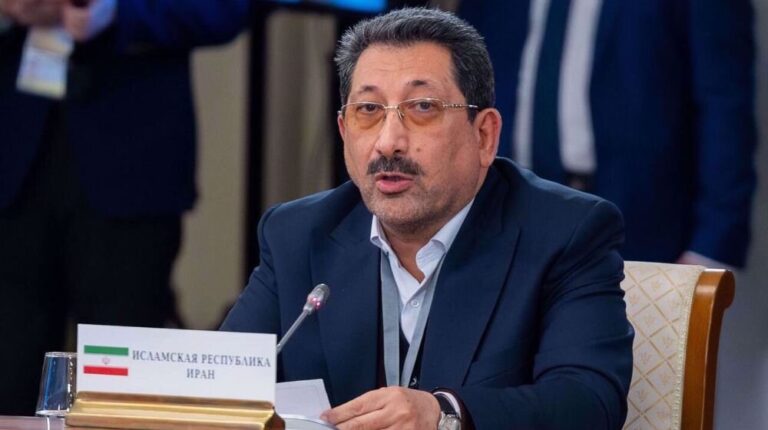
Iran Set to Boost Infrastructure for Key Caspian-Persian Gulf Corridor
At the Third Caspian Sea Economic Forum in Tehran, Iranian Minister of Industry Mohammad Atabak emphasized the need for collaboration among Caspian Sea littoral states to address challenges like climate change and food security. Key initiatives discussed included the Caspian Economic Agreement and the Trans-Caspian Corridor, focusing on transportation, energy exchange, and medical knowledge sharing. The minister highlighted concerns over the declining water levels and pollution in the Caspian Sea, advocating for preventive measures and the development of green energy solutions. The forum also approved the establishment of scientific consortiums to enhance regional innovation and address environmental and economic challenges sustainably.
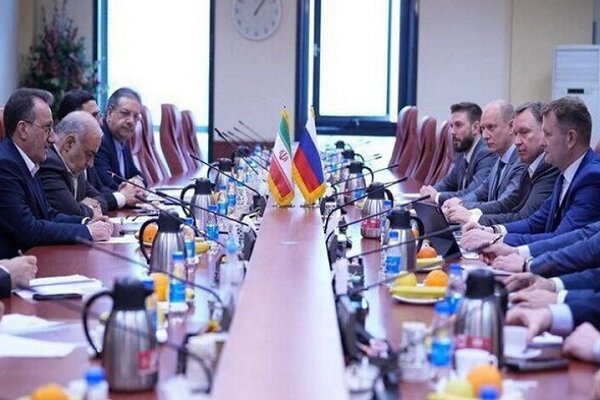
Iran and Russia Strengthen Maritime Cooperation in the Caspian Sea: A New Era of Naval Partnership
The Russian Ministry of Transport is collaborating with Iran to enhance maritime operations, particularly at Makhachkala port, to improve the efficiency of goods handling. Recent discussions led to the signing of a roadmap for transportation cooperation through 2025, aimed at strengthening bilateral ties and operational efficiency. Key initiatives include issuing drivers’ visas, boosting cargo and passenger transport, and enhancing air transport cooperation. The upcoming Third Caspian Economic Forum in Tehran is expected to foster regional economic collaboration, while a special meeting will further align strategies for maritime development. Overall, these efforts signify a promising trajectory for Iran-Russia maritime collaboration.
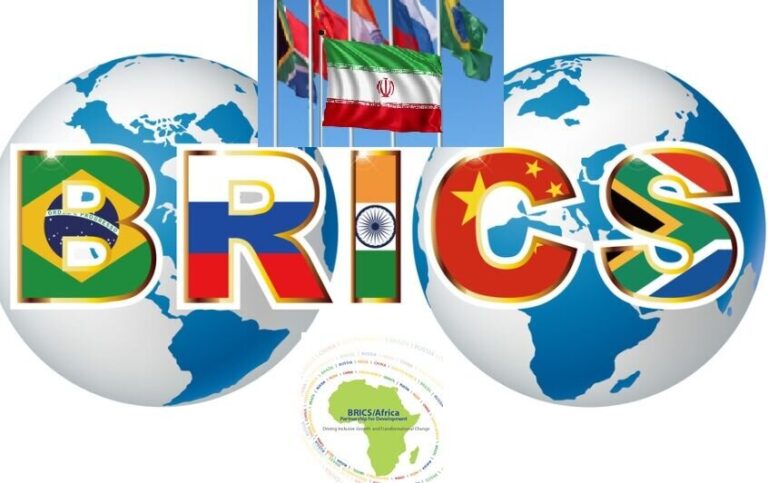
Iranian Agriculture Minister Embarks on Strategic Visit to Brazil
As of January 2024, Iran officially joins the BRICS group, enhancing its global standing and agriculture sector. The upcoming summit will tackle critical issues such as food security, sustainability, and agricultural finance, paving the way for the BRICS Agricultural Cooperation Program (2025-2028). Iran’s membership offers opportunities for collaboration, funding access, knowledge exchange, and improved market access for its agricultural products. By engaging with other influential economies, Iran aims to address agricultural challenges and boost self-sufficiency. The summit’s focus on innovation and sustainability is vital as the world faces food security issues, positioning Iran to shape its agricultural future positively.
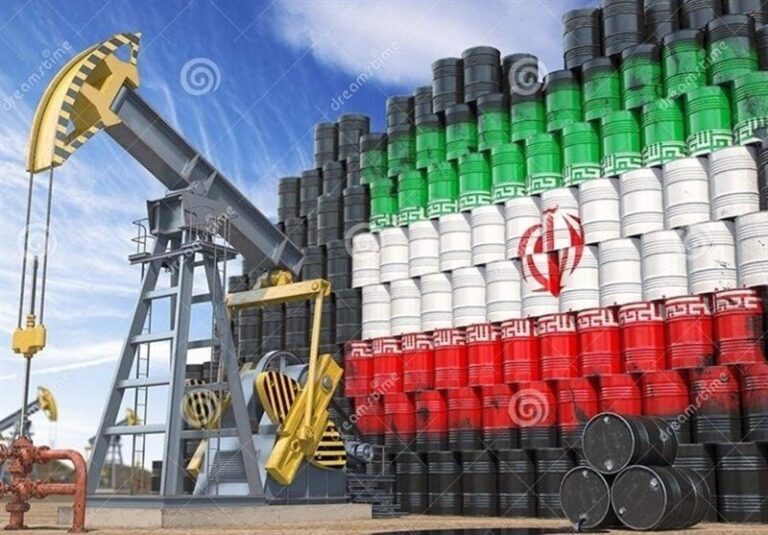
Iran Boosts Oil Production by 12,000 BPD: OPEC Reports Strong Growth
OPEC’s recent report reveals notable shifts in oil production among its member countries, with a focus on Iran’s rising output. In March, OPEC’s 12 members produced 26.776 million barrels per day, down 78,000 from February. Conversely, Iran increased its production by 12,000 barrels per day to 3.335 million, making it OPEC’s third-largest producer. This growth reflects Iran’s strategic efforts to enhance its oil capabilities amid a competitive market. OPEC emphasizes member collaboration to stabilize oil markets, with ongoing discussions highlighting Iran’s constructive role. These developments are crucial for the global oil supply and market dynamics.
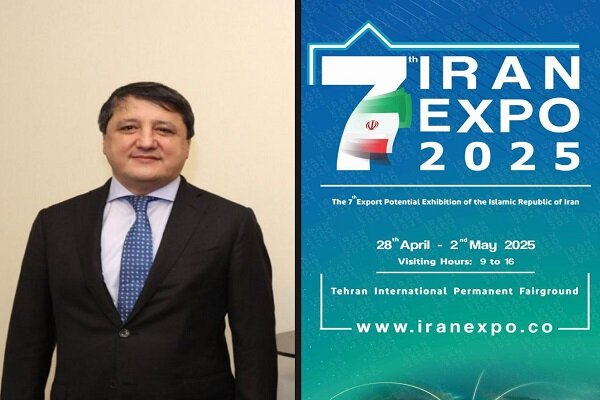
Tajikistan’s Minister Lands in Tehran to Showcase Innovations at Iran EXPO 2025
The Iran Export Capabilities Exhibition (Iran Expo 2025) will take place in Tehran from April 28 to May 2, attracting over 2,500 participants from over 100 countries. A Tajik delegation, led by Minister Sherali Kabir, will engage in discussions with Iranian officials to strengthen bilateral economic ties through joint ventures, trade agreements, and investment opportunities. The exhibition aims to showcase Iran’s export potential and provide networking opportunities, workshops, and seminars. With expectations high for fruitful outcomes, Iran Expo 2025 is positioned as a key platform for enhancing collaboration between Iran and Tajikistan.
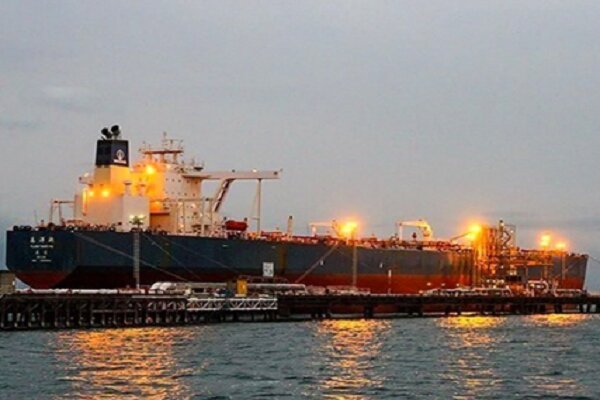
US Unleashes New Illegal Sanctions Targeting Iran’s Oil Exports
The U.S. has imposed new sanctions on Iran’s oil industry, targeting over 30 brokers and shipping companies to reduce crude exports and disrupt oil trade. This action continues the “Maximum Pressure Campaign” initiated during Trump’s presidency and maintained by the Biden administration following the U.S. withdrawal from the 2015 nuclear deal. Despite these efforts, recent reports indicate a rebound in Iran’s oil exports, particularly to China, with a significant increase expected in February. Analysts question the effectiveness of the sanctions, highlighting Iran’s adaptability in navigating trade restrictions. Ongoing scrutiny of Iran’s oil trade will be crucial in shaping U.S.-Iran relations.